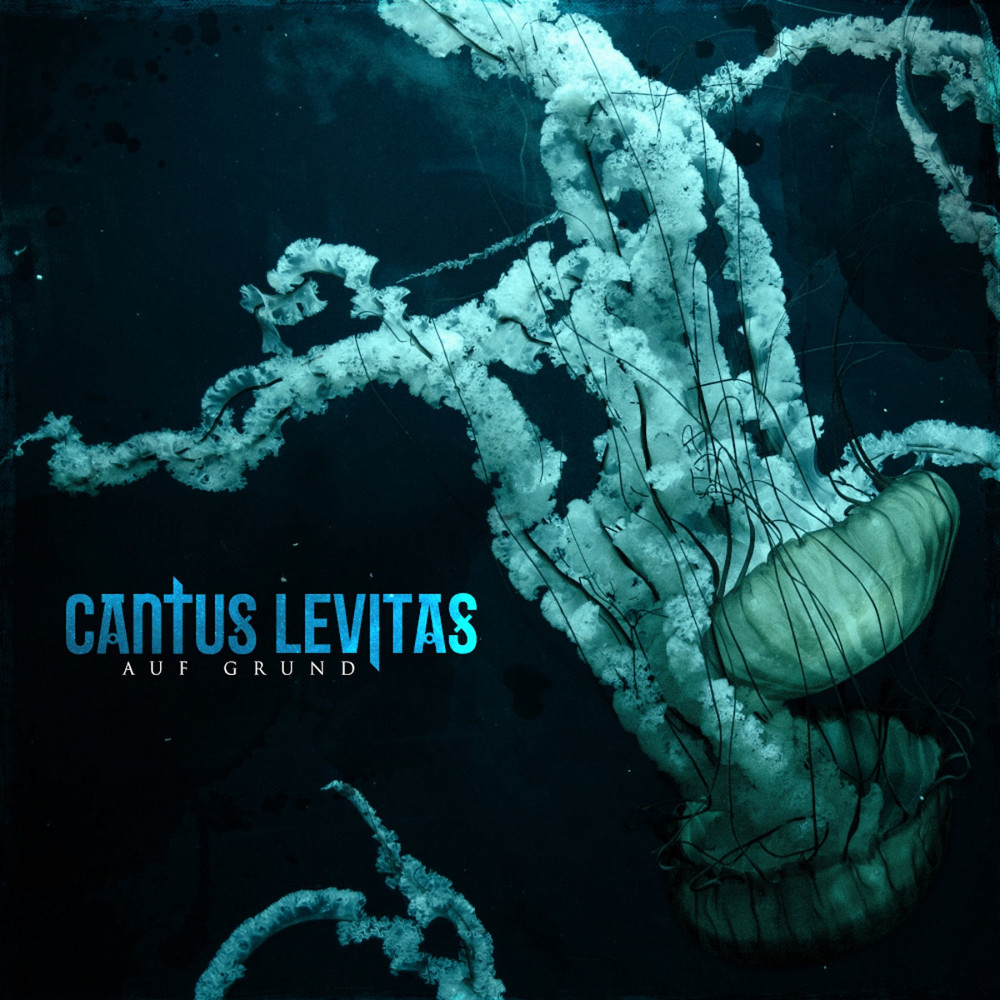 |
Country: Germany
Style: Medieval Folk Metal
Rating: 7/10
Release Date: 10 Jun 2023
Sites: Facebook | Instagram | Official Website | Twitter | Wikipedia | YouTube
Here's another medieval folk metal album, which means that you're already fairly presuming that this band are from Germany. They're based in Munich and the four male musicians also play in the rock band Weto, with the keyboard player from Regicide. There are two female musicians too, who add notable textures, especially given that Birgit Muggenthaler-Schmack is responsible for all the shawms and bagpipes. They both have their own side projects too.
Between them, they cover a heck of a lot of musical ground on what is their eleventh album. I have no background in their work and failed to tackle Artus, their previous album in 2019. I'm absolutely sure that they've changed their sound over time because there's far too much on offer here to see anything else. Just check out the first four songs to see how they vary their formula massively.
Knüppel aus dem Sack is initially driven by metal riffs from Martin Duckstein and a solid beat from Stefan Brunner, but then Muggenthaler-Schmack sets the tone with bagpipes and Thomas Lindner spits bars in a raspy Teutonic voice. Köningsgarde gets majestic, as the title of King's Guard might suggest, but it bounces too with a bagpipe melody very reminiscent of ELP's Touch and Go and the anthemic chorus feels like Rammstein, as if we're somehow bringing prog rock and NDH together at a Renaissance Festival, especially once she shifts to shawm.
Das Gerücht is extra-playful, as if its depiction of The Court often focuses on a jester whom Lindner is more than happy to bring to life, down to fingersnaps and theatrical tease. We can just tell that there's a gleam in his eye when he's singing this one. When it's quiet, it plays with us entirely like Gogol Bordello do. When it ramps up, Saskia Forkert makes her violin prominent and it barrels on with folk energy. Der Pfeifer, or The Piper, continues in that vein but with a focus on melodies from a recorder alongside audience participation, whether hand clapping or dancing.
The rest of the songs here tend to play in one of those approaches, most frequently folk metal that often drops into rock. As that might suggest, it's relatively light, always focused on melodies from Lindner's clean voice and Muggenthaler-Schmack's bagpipes without any intention of bringing in a harsh voice or a crunchy back end. The traditional instruments, not just the bagpipes, but also the accordion Lindner plays when not strumming an acoustic guitar and the violin and hurdy-gurdy of Forkert, aren't there to sneak in a spotlight moment but to shape the songs throughout.
That's clearest when they drop out of metal entirely, such as on Der Quacksalber, which is all lively drums, fingerpicked guitar as a backdrop and a tender fiddle as a solo instrument. It's easy to see Lindner sat on a tall stool in a pub singing this one while we all either twirl our partners about the room or stand there and tap our feet. The same goes for Luft und Liebe after it, which kicks off as a calliope song only to liven up and then quiet down with Matthias Richter's bass replacing those guitars and a flute replacing the violin. This one shifts back up into the folk metal approach when it wants though, because that's never far away.
It's hard not to like this immediately and emphatically. There's technical wizardry going on and all these musicians are very capable indeed, but at heart it's just music to dance to, as medieval music tended to be, and that's the only criterion it knows it wants to nail. That lighter mindset is where it may divide people, because most folk metal, as if I might dare to generalise that most versatile of genrese, has far more crunch than this. There's a personal nature to this sound, as if the studio is unnatural territory to them and they would much rather just play this music to half a dozen of us as we walk down a grassy road. And that's fine. I appreciate that mindset, but I still feel like I want a little more crunch.






